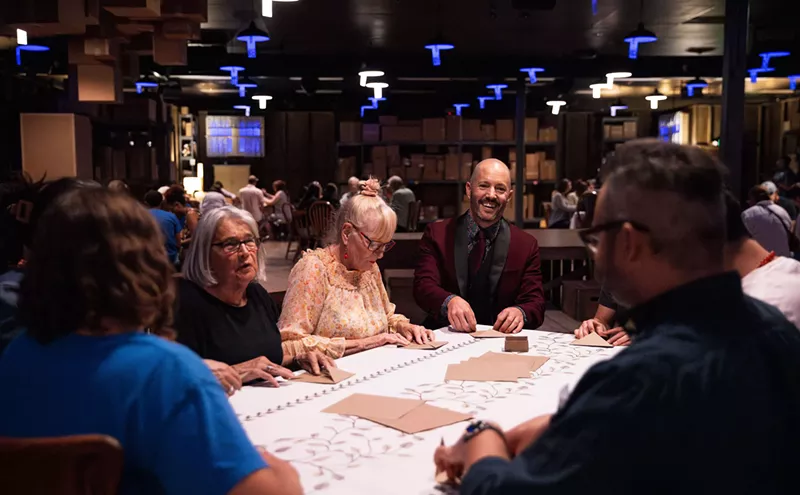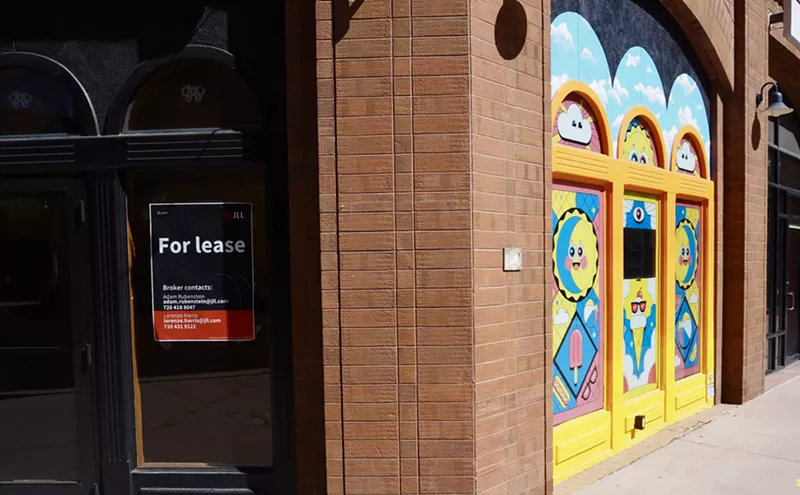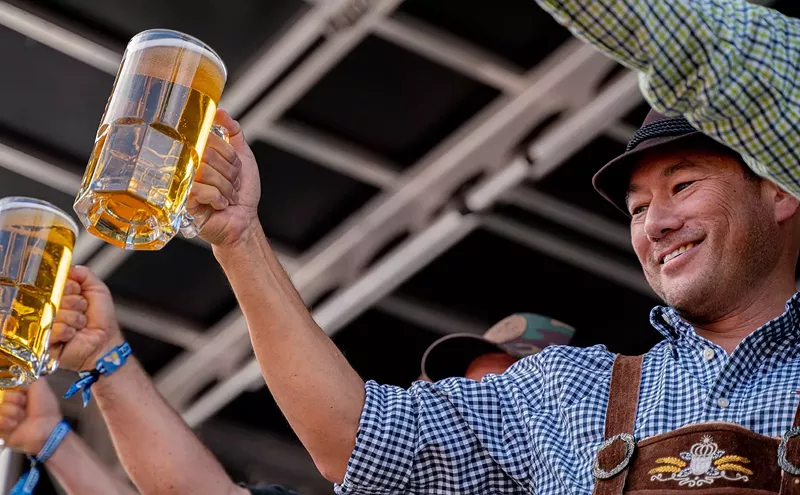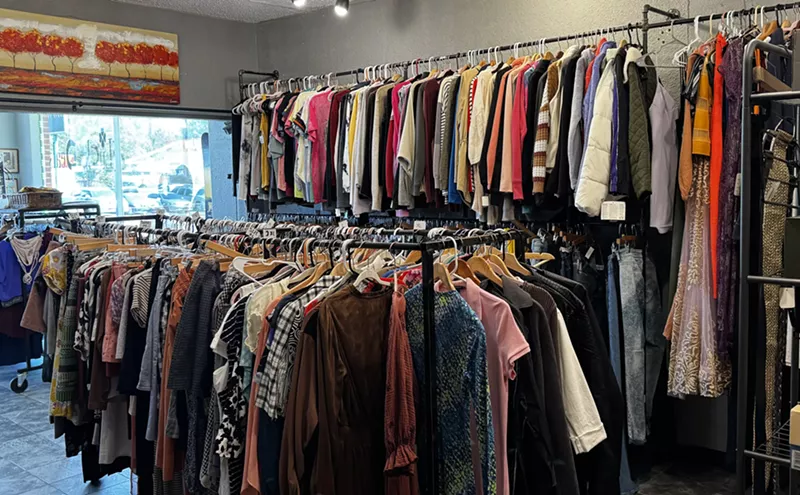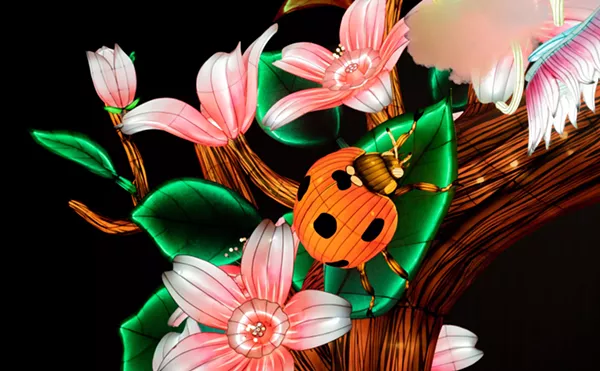What's gone wrong in the West? Deming (who is, incidentally, the great-great-granddaughter of nineteenth-century American author Nathaniel Hawthorne) thinks coming up with a definitive answer is a tall order, perhaps a taller one than she, as one small voice in a vast range, can possibly fill. But she offers a few thoughts: "The old Wild West was just great -- it had the magnificence of nature, that sense of total freedom. You could come to the West and just go wild. Now, the wildness of nature in the West is horribly compromised and in jeopardy constantly. It's the wildness of economic growth that's run wild like a bacteria on a culture. We've gotten out of balance. The notion of individual freedom has been used toward selfish ends." But there are possible solutions, though a lot depends on the vagaries of inconstant human nature. "We're coming around to realizing that individual freedom is also about serving the public good," she notes. "The whole point of having privilege is being able to give more, to contribute."
That point of view may well be working its way into the Western sensibility. "There are wonderful kinds of comprehensive planning going on," Deming notes. "In Arizona, the Sonoran Desert conservation plan is the most comprehensive anywhere -- it includes private and public collaboration looking at all aspects of planning for the region, from conservation of delicate habitats to protecting the biological corridor to ranch conservation to historical and cultural preservation to riparian preservation in cities." It's a model to watch, she says: "We need places that are distinctly places. There's a lot of research and conservation going on -- we've realized that it's not enough to hold one species up against the bulldozers." Only the orderly voice of reason, rather than the opposing outburst of emotions, will satisfy everyone's needs in a land of slapdash transitions.
Similarly, while the force of place drives Deming's writings, it's the intersection with science that gives them structure. Mixing primordial wildness with the onslaught of contemporary culture and its trappings -- and then finding the balance -- is what has given the poet her prizewinning bite. "Science -- as a means of exploring through direct observation and measurement -- is really the dominant paradigm for how we see ourselves now," she notes. "We're living in a materialistic time in history, and science gives us wonderful tools for understanding life in the material world."
Given her respect for the methodical search for patterns in the chaos, then, why did Deming veer in the direction of poetry instead of becoming a scientist? "I have a short attention span," she jokes. But there's more: "As a poet, I have a very passionate engagement with the world. Writing allows me to respond to the world with both the emotions and the intellect. It's what some new literary writers in science are doing to bring feelings into the intellectual pursuit of science." And for a certain strain of contemporary poet, Deming included, it's a similar situation. It's also likely she'll continue in that vein: "In terms of artistic temperament, that's always a mystery. But I've grown into this very committed concern for our future. I know that it's something I'm going to keep working on, though I'm not sure in what form. Who knows -- I might write a book about rollercoasters.
"I'm always trying to understand why, as creatures, we both love one another and the world, and why we are so cruel and so terrible," Deming says. "It is so easy to have a very misanthropic view of people, but you're much less capable of doing good in your life if you labor too much on that belief. You have to find some way to be genuinely hopeful." And, sure, it's sometimes hard to know why -- for every Westerner committed to collectively preserving the region's natural flavor in a realistic manner, there's another one driven by an old-fashioned sense of shoot-'em-down manifest destiny. But that's Deming's life challenge to fight against, it seems, and she's not through with it yet. "I still believe in progress -- a progress that includes social and moral consciousness," she says. "I try to be a voice of that."



